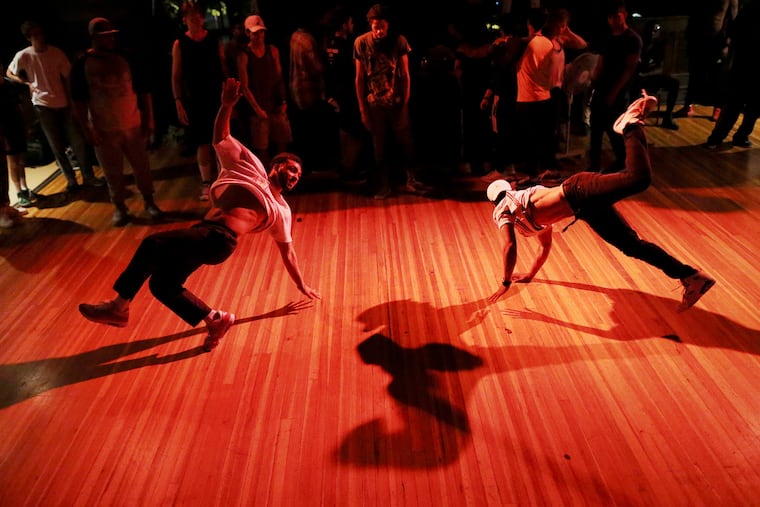Break dancing all but approved for the Olympics in 2024
Along with breakdance, the International Olympic Committee has given the thumbs-up to surfing, skateboarding, and sport climbing.

The International Olympic Committee voted overwhelmingly Tuesday in support of adding break dancing to the roster of sports for the Paris 2024 Summer Games.
The approval is provisional, as the IOC will continue to monitor breaking through the next year. Olympic inclusion would not be fully confirmed until December 2020.
The committee has given the thumbs-up to four sports: breaking, surfing, skateboarding, and sport climbing. Breaking is the newest to the show. All the rest were already approved for Tokyo 2020.
In March, the IOC’s executive board threw its support behind a recommendation for the four events.
“All four are again clearly in line with the Olympic agenda, because they contribute to making the program of the Games more gender-balanced, more youthful, and more urban,” IOC president Thomas Bach said at the time. “These four sports also offer the opportunity to connect with the young generation there.”
On Tuesday, IOC members praised the proposed sports for their affordability and popularity in youth culture. Samira Ashghari, who represents Afghanistan and who at 25 is the IOC’s youngest member, said, “We have to respect the sports that young people play.”
Alex Gilady, an Israeli member of the committee, said that the success of the events would be hard to predict. “The decision for the future of the sport is not in our hands,” he said. “The test of time will stand there.”
Before the decision, sports economist Andrew Zimbalist said breakers could expect “incremental gains” but not an elevation to the status of a major sport.
“One constraint to keep in mind is that the world of competitive sports is overloaded right now,” said Zimbalist, an economics professor at Smith College.
Breakers in Philadelphia’s scene shared a mix of opinions with The Inquirer on the possibility of Olympic limelight, often expressing concerns over how Olympic breaking would be judged. The World DanceSport Federation (WDSF), the governing body for breaking, follows the Trivium Value System, which uses a metric that includes six criteria organized under three areas: body, mind, and soul. Five judges assess; to mark scores, they move dials on crossfader devices such as those used by DJs.
Jean-Laurent Bourquin, a WDSF senior adviser, compared evaluating a sport like breaking to offering marks for gymnastics or figure skating, but noted that those sports don’t have one-on-one battles. The federation’s aim, he said, is to provide a system that can deliver quickly, for all to see.
“We need to be very transparent vis-a-vis the public, vis-a-vis the media, vis-a-vis the broadcasters, because if you have to wait two hours to know who is qualified for the next round, then you are lost,” Bourquin said last week. “And in the Olympic Games, you always have to keep in mind that you have nonspecialists coming to your event.”
The WDSF Breaking World Championships were held this week in Nanjing, China.